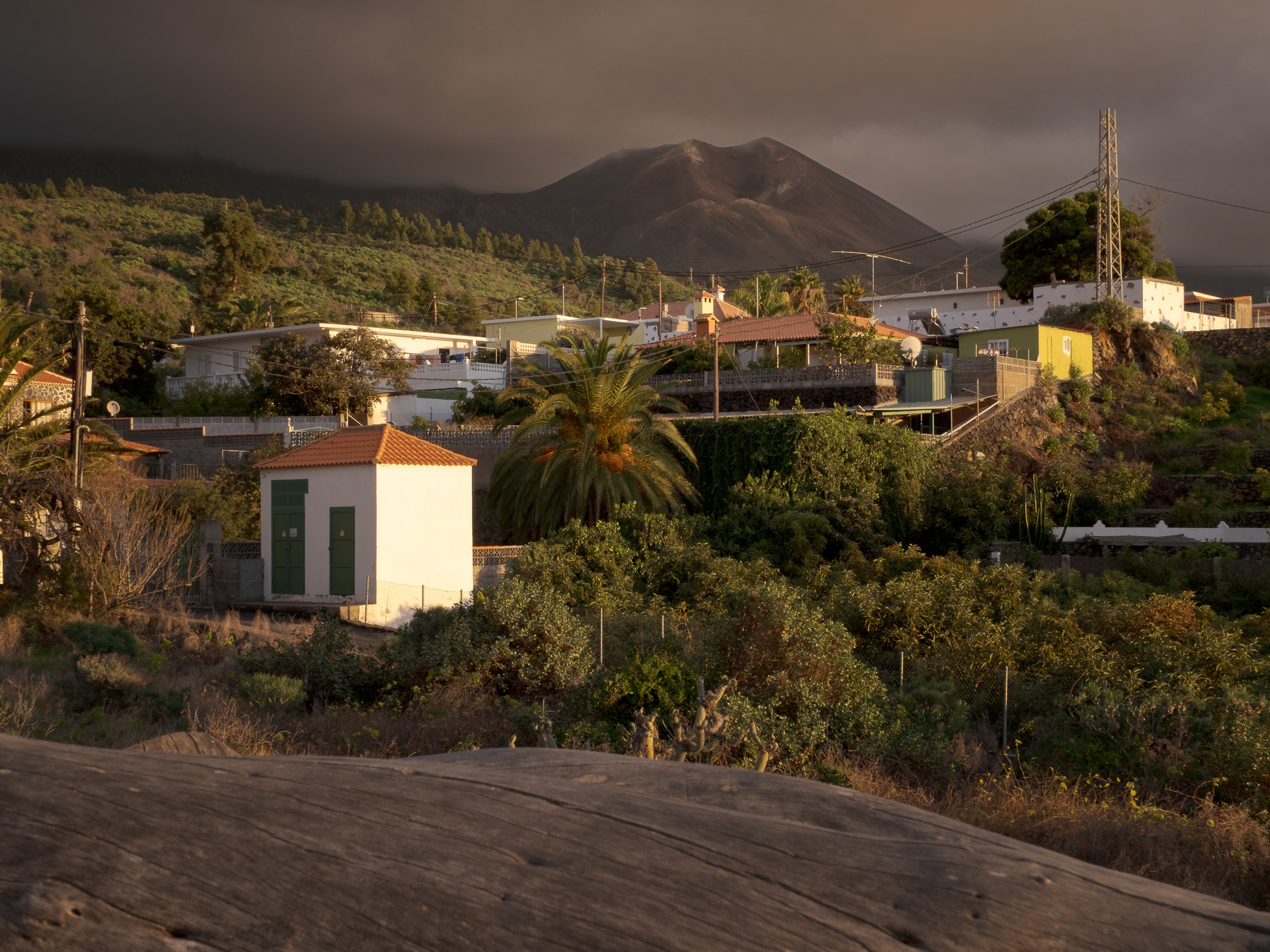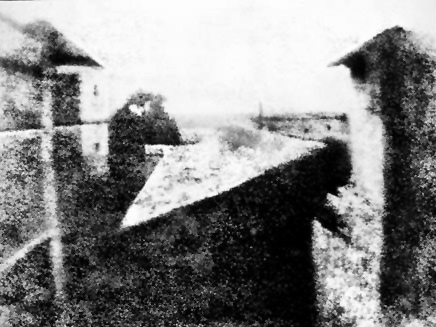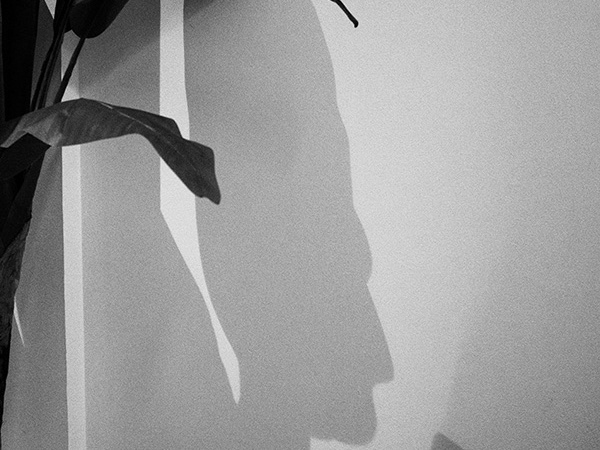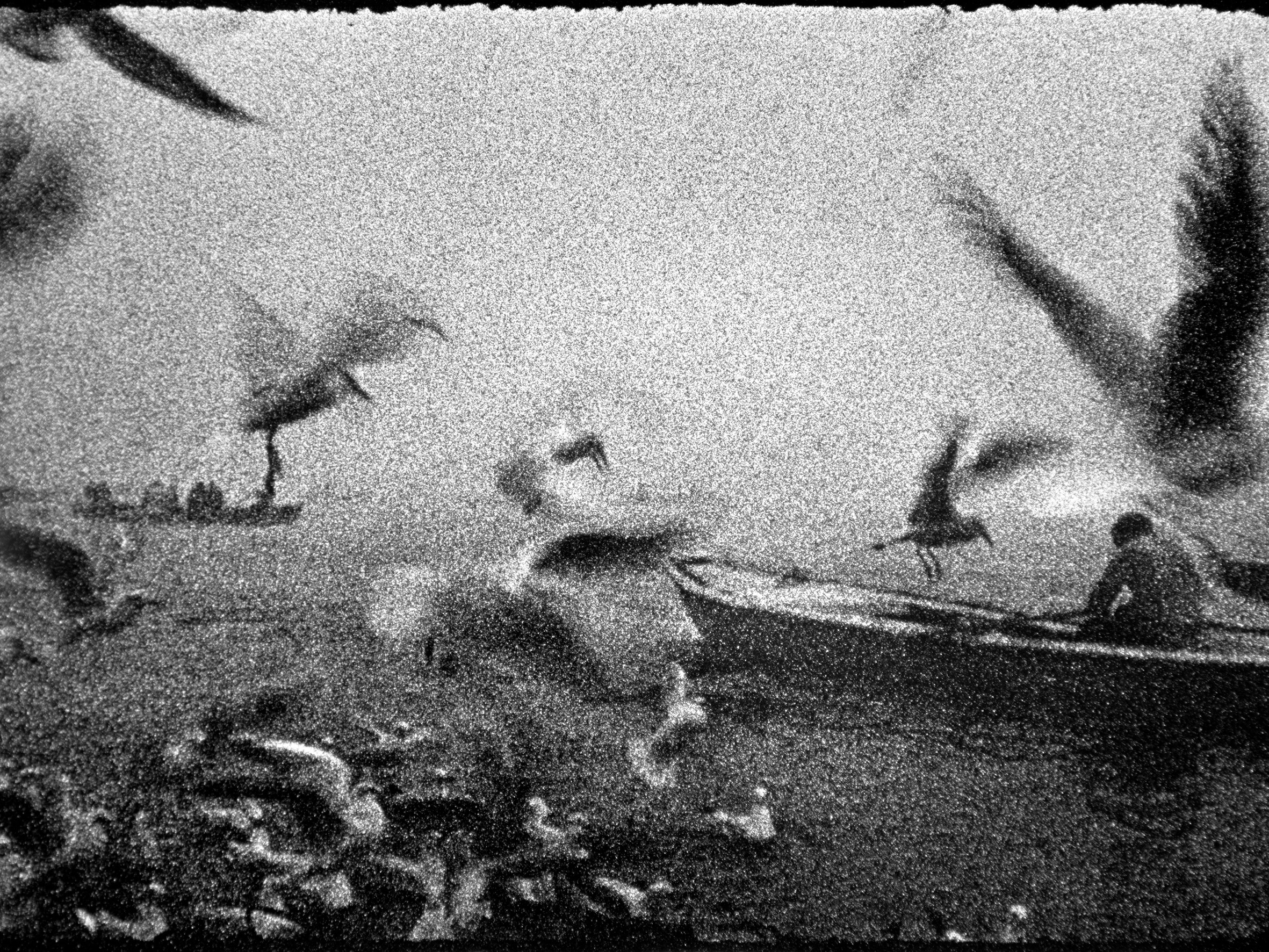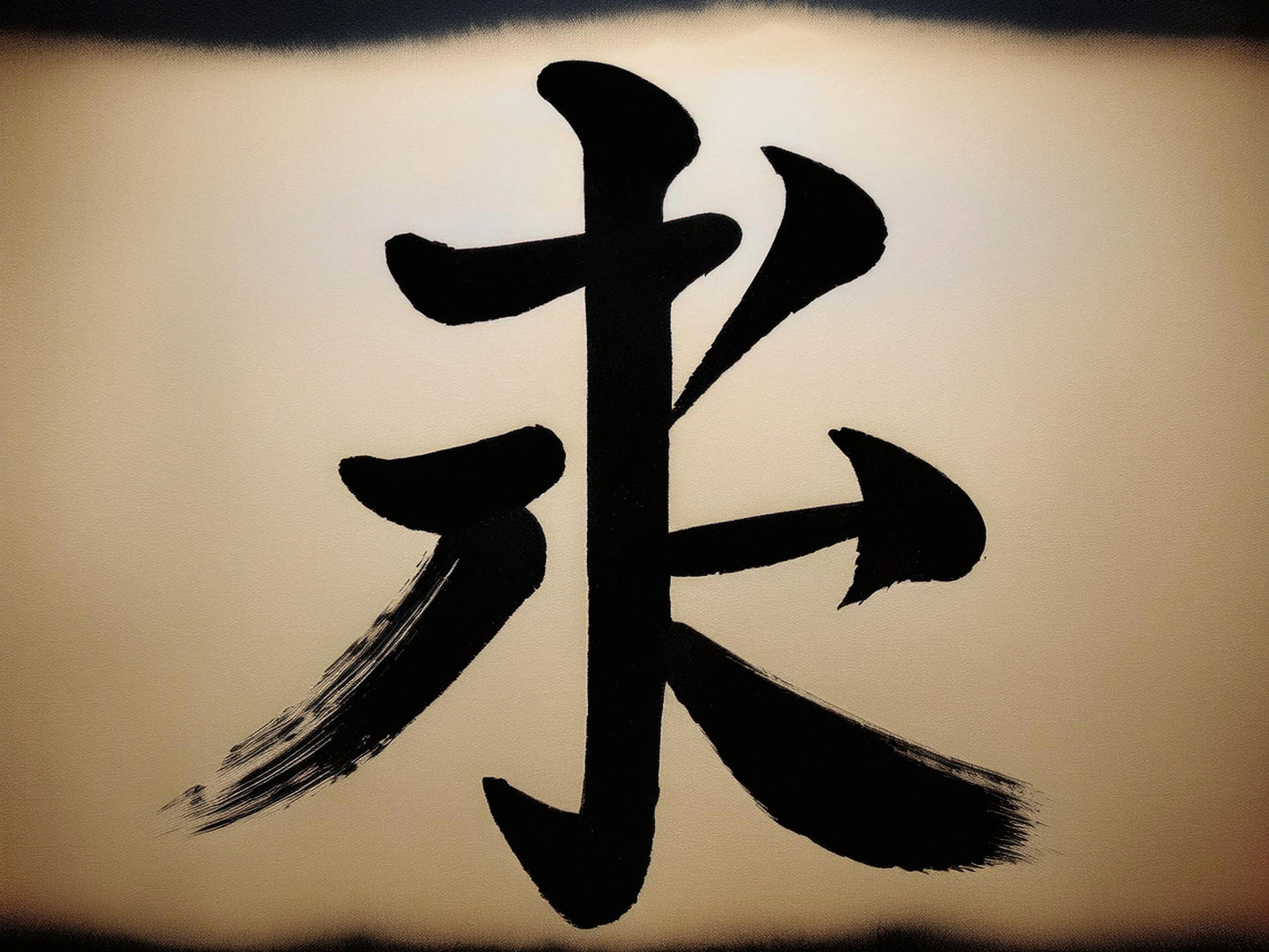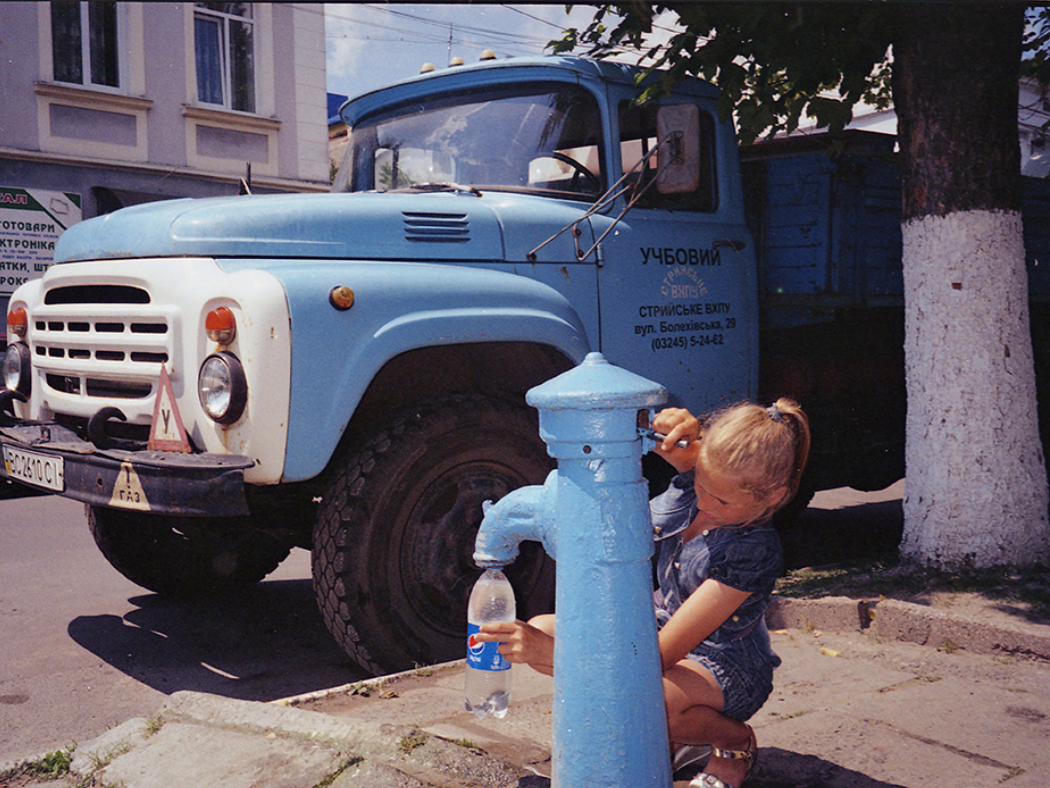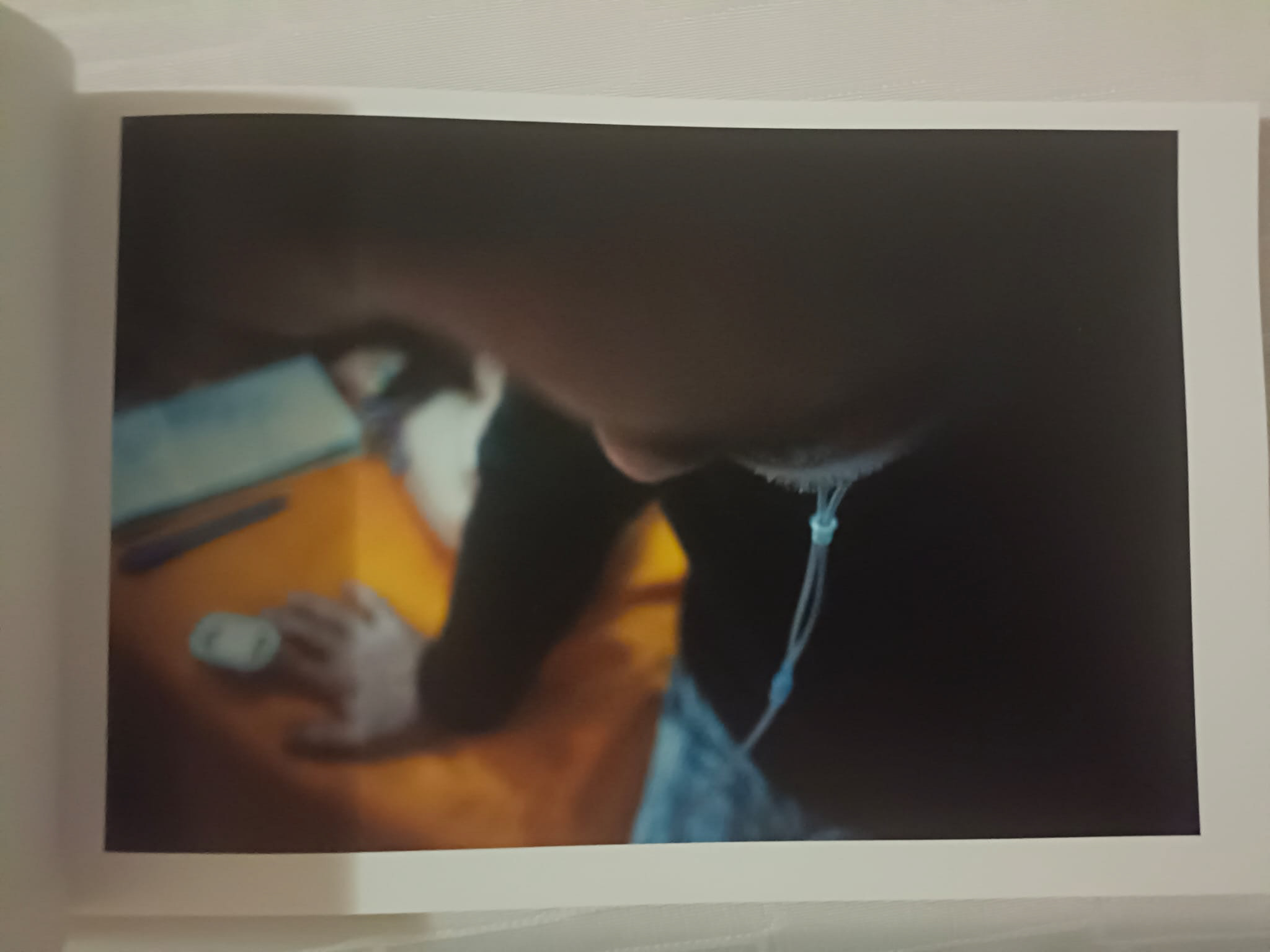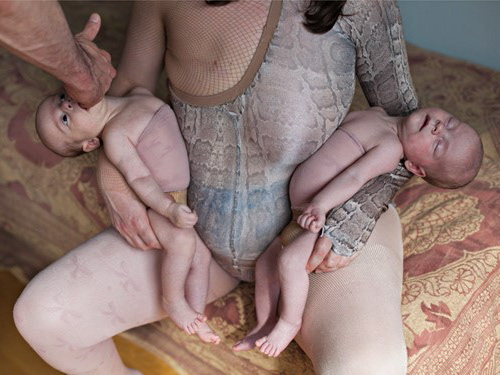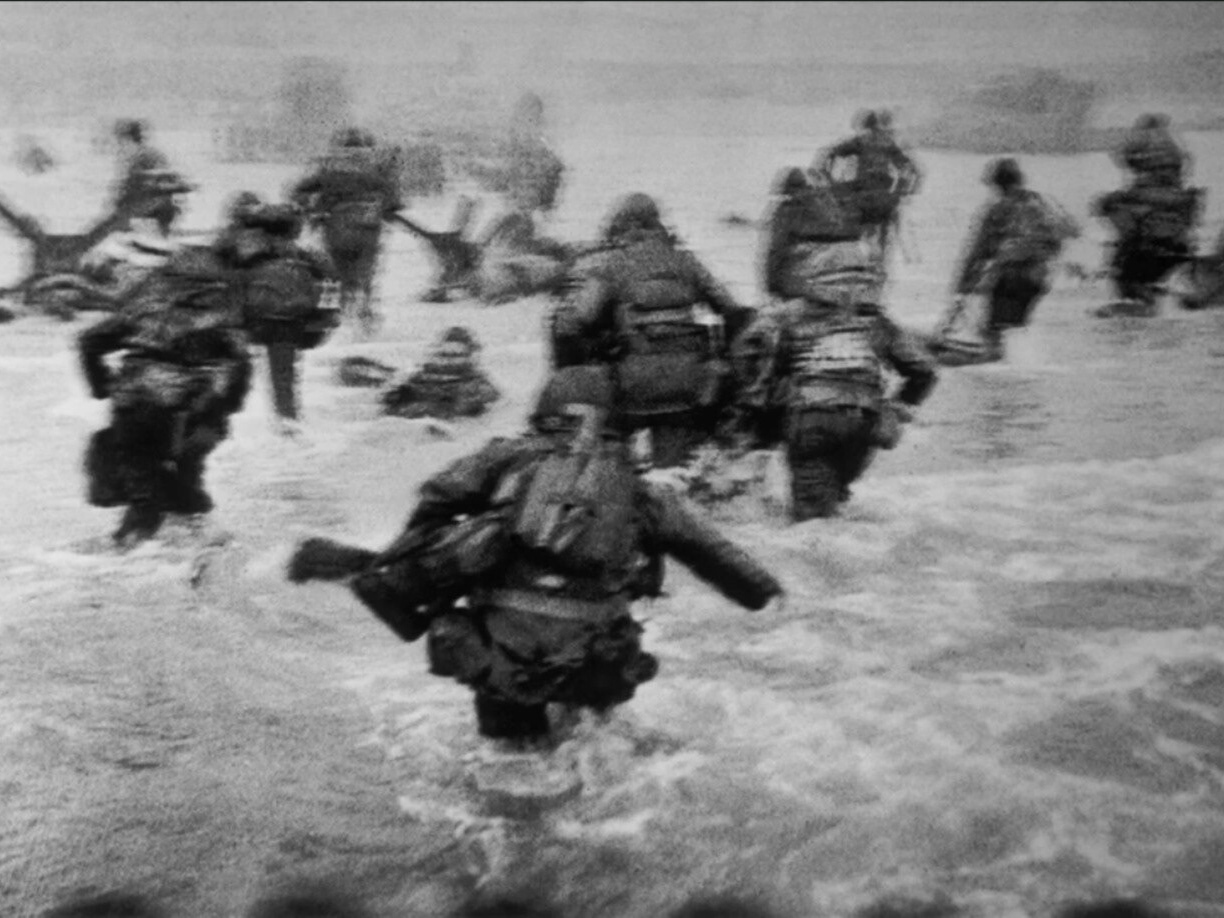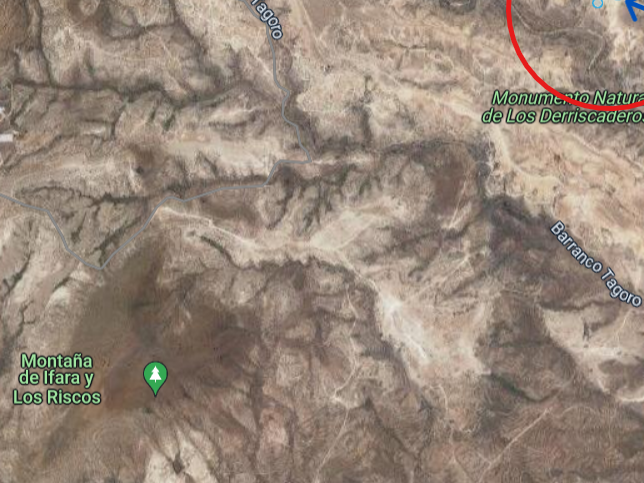Fan Ho
Having a conversation with a friend, the question arose of what was better for his project, Black and White or Color. It's a difficult question because it's so subjective, depending a lot on the person and the type of project or idea the author has in mind; this makes the choice extremely complicated for someone outside of that work.
Since the beginning of photography, Black and White has been an abstraction, it's like "looking at a strange world" - Joel Sternfeld. Many photographers have opted for Black and White, not without reason, as it has a magical quality that attracts attention and reflection by presenting us with a totally different point of view from what we see in our daily lives. Photographers like Ted Grant believed that "when you photograph people in color, you photograph their clothes; when you photograph them in Black and White, you photograph their souls." At first glance, this seems to be very true. It's clear that photography, like art, is subjective and open to interpretation; however, William Egglestone, on the same subject, believes that "Black and White suggests, color confirms."
This means that, in a simple way, taking photographs in color is much more complicated than in Black and White. For a simple reason, Black and White is an abstraction that deceives our senses, making a mediocre photo appear good. However, in color, it's much more complex; not only do we need to know what color palette we are photographing in, but we also need to compose based on color.
In the words of José Manuel Navia, one of the great Spanish photographers today, regarding color, he says that it's not enough for the photo to have many colors. For him, photographing in color means letting the image be bathed in light, letting that light imbue color into our scene. That's where the true magic of color lies. I believe that this appreciation is quite an informative nugget about the use of color, but beware, my friend, this adds an extreme difficulty to our photographs; not only do we have to wait for the right moment for that light (which is usually at certain times of the day), but we also have to take care of our composition, making sure it passes the "decisive moment," as Cartier-Bresson would say, and that it's meaningful for our project.
José Manuel Navia - El Microcosmos de San Lorenzo
Fred Herzog
Once again, this is not something new. Fred Herzog was one of the pioneers of color in photography, and he already realized the inherent magic in colors and their qualities. Others like Saul Leiter and Joel Meyerowitz also appreciated and worked with color in many of their projects throughout their lives.
Speaking of Fred Herzog, I encourage you to read this entry on the cartierbressonnoesunreloj blog about him, his story, and how he was relegated to anonymity almost until the moment of his death
But we still haven't resolved the question. Black and White or Color? The answer is "it depends" on our project. We can do it in Black and White and convey one sensation, or in color and convey another type of sensation, and why not, we can have a mixture of images in Black and White and in Color.
Of course, with this last option, it's a bit more complicated to give cohesion to our work, but there's nothing to prevent us from doing it. Personally, I'm in favor of Color, despite being in love with Black and White.
Current trends are in Color. Color forces us to improve and research the image and the final product. It also forces us to reflect on composition to make our work solid.
So, Black and White or Color?
